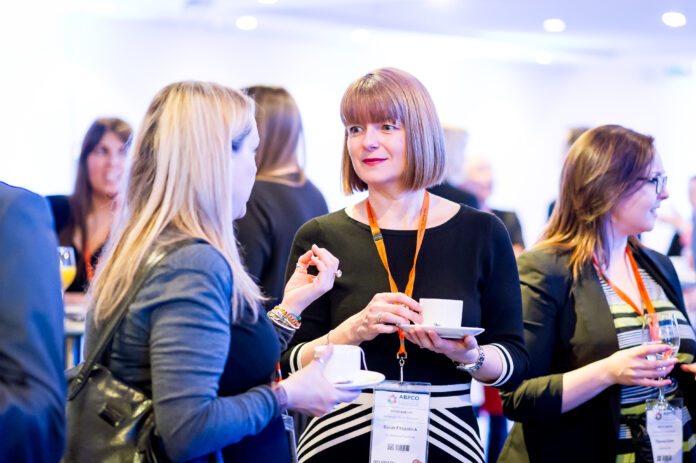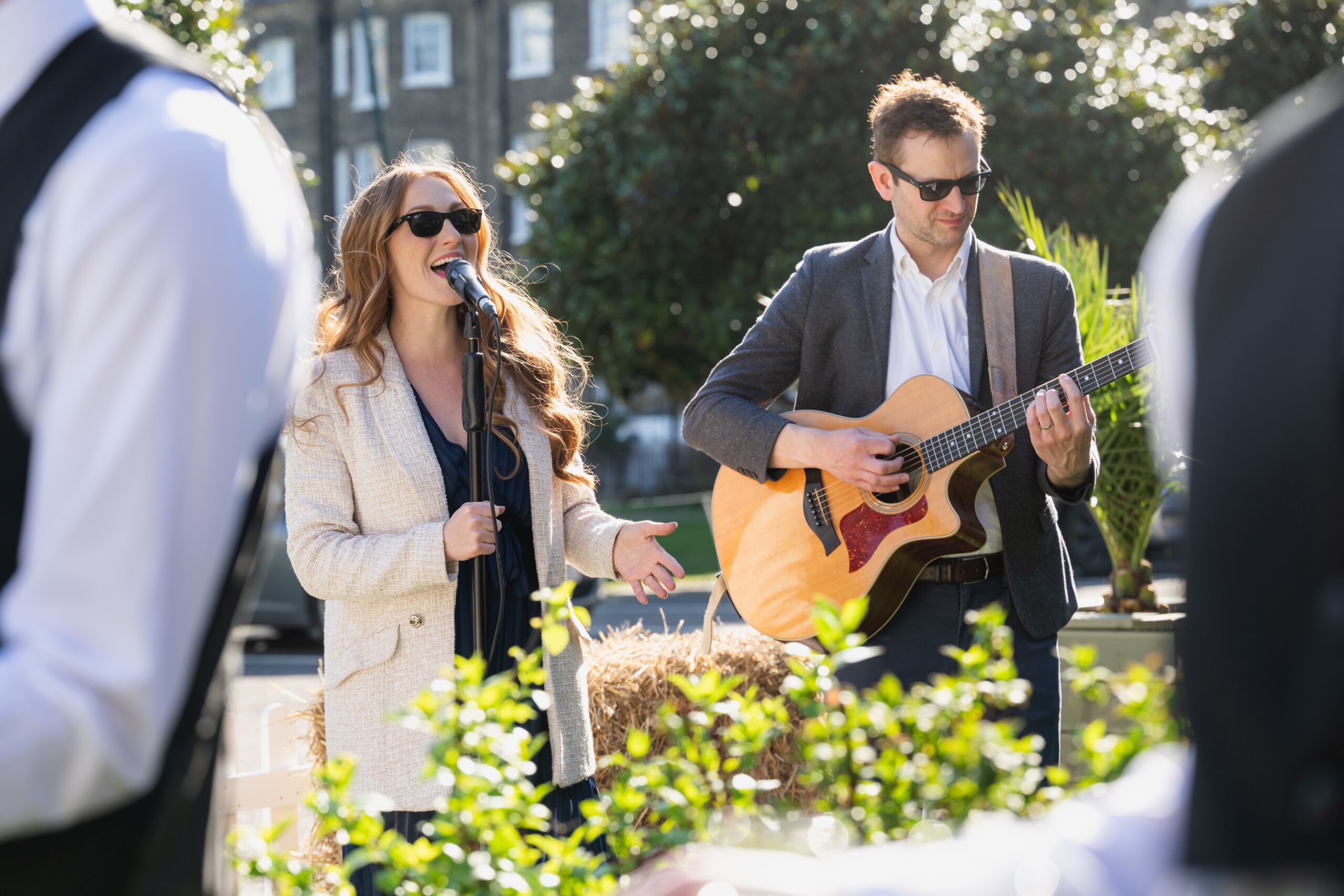The Association of British Professional Conference Organisers (ABPCO) has joined forces with Lime Venue Portfolio and The Imperial War Museum London to produce a live discussion on how legacy is changing the way major events are produced. The event, which will take place 23rd May, will include a roundtable discussion with input from Sammy Connell, Principle Official (Conferences and Events), and Chris Weavers, National Official (Campaigns and Communications), from NASUWT, The Teachers Union and James Lancaster, Editor Associations Meeting International.
The discussion will look to challenge if events are getting this opportunity wrong, and why, as well as shine a light on where more modern approaches are making a tangible difference for both the event and the communities they serve. As part of the event, Lime Venue Portfolio will preside over a ‘Legacy-Led Menu’ while The Imperial War Museum London will present special insight into their own approach to legacy.
The outcomes of the discussion will be shared with attendees as well as the wider industry, focusing on if the industry is making legacy into ‘a thing’ as recently shared in a blog from AMI. The event will be immersive and interactive, offering discussion, networking, and the chance to understand the evolving subject of legacy and where it is going beyond 2024.
“We’re delighted to be working with ABPCO and The Imperial War Museum London on this important discussion,” commented Jo Austin, Sales Director, Lime Venue Portfolio. “The role of legacy in meetings is changing at a rapid rate and there is some amazing work being done out there. We’re keen to hear the positive stories as well as understand where the pit falls can be.”
“It’s really nice to be working with Lime Venue portfolio to bring this subject to life,” commented Heather Lishman, Association Director, ABPCO. “We have some brilliant speakers with important opinions to add to the discussion and a wonderful setting in The Imperial War Museum. It’s the perfect venue to remind us that everything we do leaves something behind, and that we can do things for good through the meetings we organise.”












